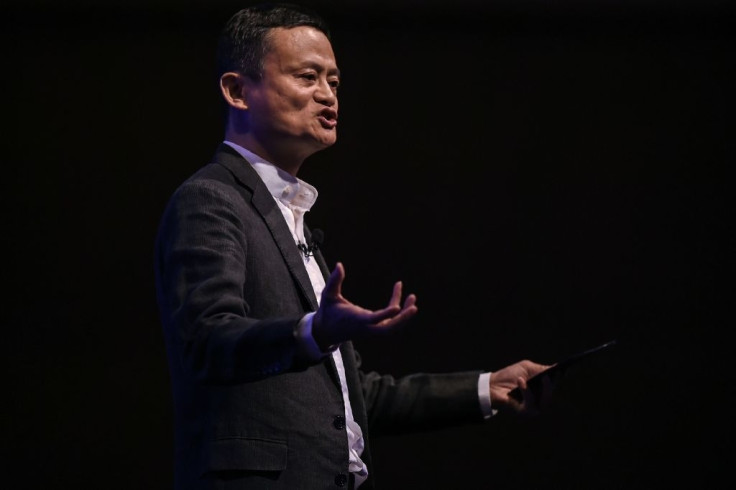Trump administration bars $1.2b Chinese acquisition of MoneyGram
Washington rejected the deal in a fresh example of heightened US scrutiny of Chinese investment.

Chinese billionaire Jack Ma has dropped his bid to buy US money transfer company MoneyGram after Washington rejected the $1.2bn deal in a fresh example of heightened American scrutiny of Chinese investment.
MoneyGram International Inc. and Ma's Ant Financial Services Group failed to gain approval from the Committee on Foreign Investment in the United States (CFIUS) despite efforts to respond to its concerns, MoneyGram CEO Alex Holmes said in a statement Tuesday (2 January).
The panel reviews proposed foreign acquisitions of US companies on national security grounds. The failure is a setback to Ma's ambitions to expand into global markets. MoneyGram shares fell 6.8% in after-hours trading to $12.40 a share.
"The geopolitical environment has changed considerably since we first announced the proposed transaction with Ant Financial nearly a year ago," Holmes said.
"Despite our best efforts to work cooperatively with the US government, it has now become clear that CFIUS will not approve this merger."
The grounds for possible CFIUS objections were not immediately clear.
Ma is the founder of Alibaba Group, the world's biggest online commerce platform by total sales. He was among the stream of Chinese business leaders who visited US President Donald Trump at Manhattan's Trump Tower last January following his election.
At the time, Alibaba said it could create 1 million jobs in the US by helping small businesses sell their products to Chinese and other Asian consumers. Trump told reporters in the Trump Tower lobby that Ma was a "great, great entrepreneur."
Ant Financial, which is linked to Alibaba, agreed in April to buy MoneyGram. Calling off the deal means Ant Financial will pay a $30m termination fee to MoneyGram, the statement said.
CFIUS has approved almost all proposed Chinese investments but a handful of high-profile rejections have made potential Chinese investors skittish.
In September, Trump vetoed the proposed $1.3bn acquisition of a semiconductor manufacturer, Lattice Semiconductor, by a Chinese government-financed buyer, Canyon Bridge Capital Partners, after CFIUS objected.
A White House statement at that time cited the importance of "semiconductor supply chain integrity" and the potential transfer of technology to a foreign buyer.
Chinese companies are on a global buying spree to acquire technology and brands. Some purchases of high-tech companies have prompted criticism they might represent security threats or the loss of important national assets.





















